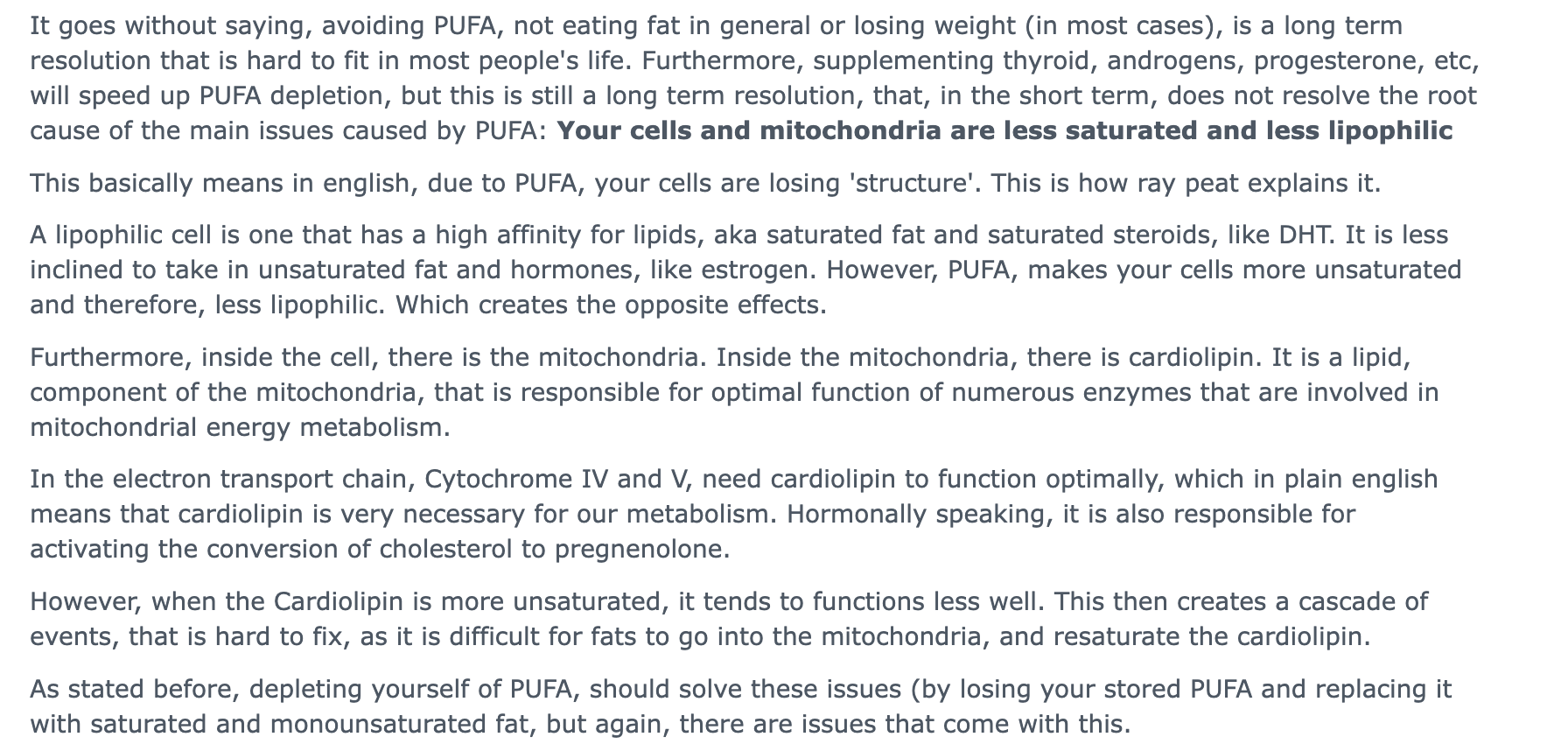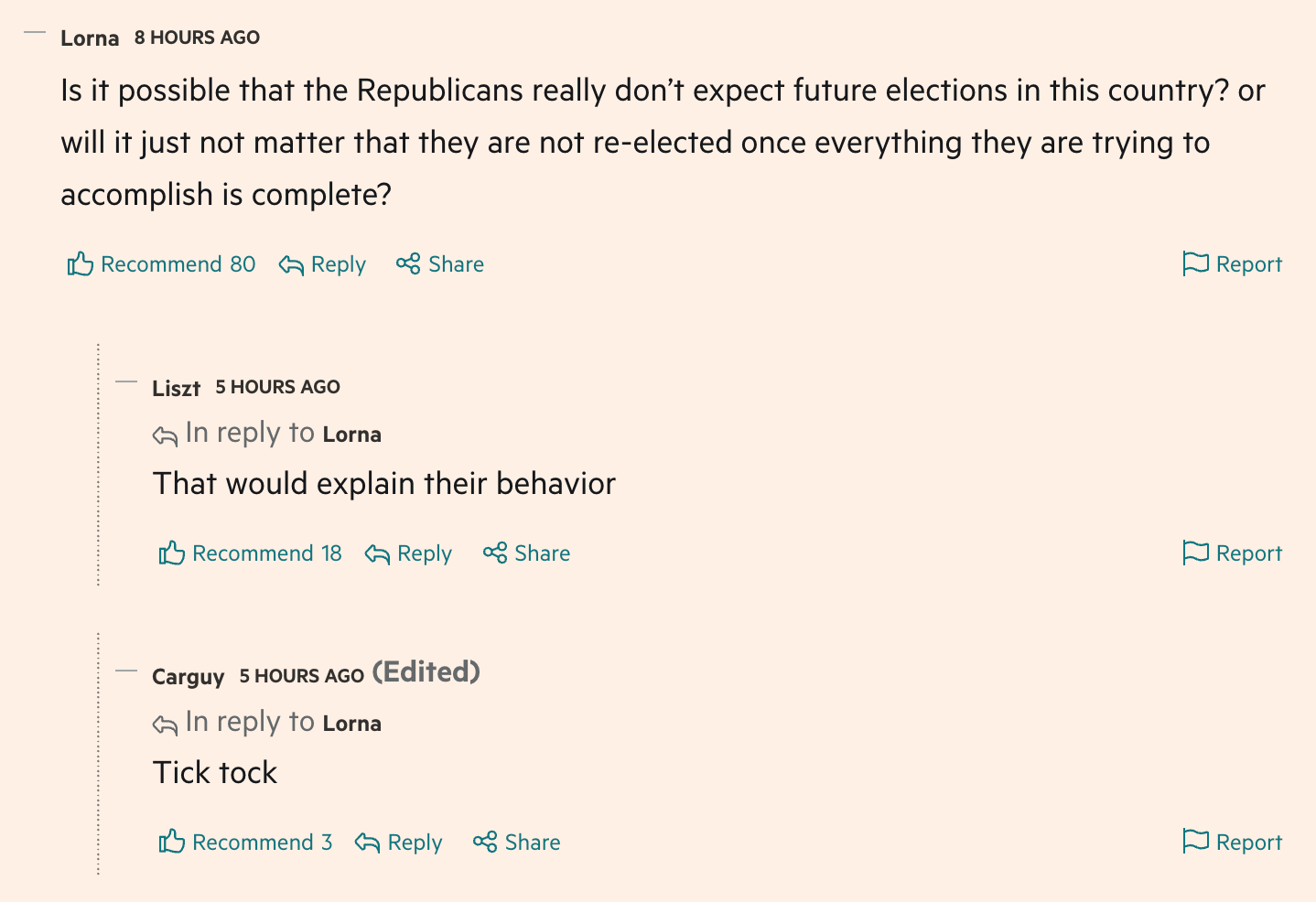Abstract Material Thinking
June 25, 2025
Introduction
Abstract and material thinking is opposed to social/emotional thinking and speech. Abstract and material thinking is inherently productive because it seeks to understand and construct the world around it, while the other inherently consumes speech, energy, and emotions for the mental gratification of some.
Examples of Abstract-Material Thinking
See how the following specifies specific words, notes cause and effect, understands change as a process in time? Often someone needs significant experience in an area in order to speak authoritatively.


Example of Social-Emotional Thinking
A tendency of social-emotional thinkers includes an overreliance on media, movies, social media, and streaming platforms. They have a present preference as opposed to a future preference, often are the ‘operational role’ of companies, and pick teams heavily rather than trying to understand other people’s motivations.

While it has been said that those who are more “technical” are “introverted,” this is a false comparison: those who simply connect on the basis of ideas need more mutual context between people to facilitate connection while those who connect on the basis of emotions sees any new person as a source of emotional gestures to elicit from. Without that third idea or point of connection, abstract-material thinkers struggle to find things to talk about.
Construction versus Destruction
From this we can say that a person is either net constructive or net destructive. A net constructive person creates order, develops things, understands the world, and contributes to basic maintenance. A net destructive person mainly consumes, spends their waking moments on gossip and foolishness, and plays emotional games.
From the perspective of compound interest, a positive increase over time leads to much gain over time. As for whether someone can be neither net constructive nor destructive: I think someone who spends as much money as they save cannot be considered a wise person.
Something to remember as to whether someone is considered constructive or destructive is relative to the environment they are in since progress is perception and a brain-matching state to the environment.